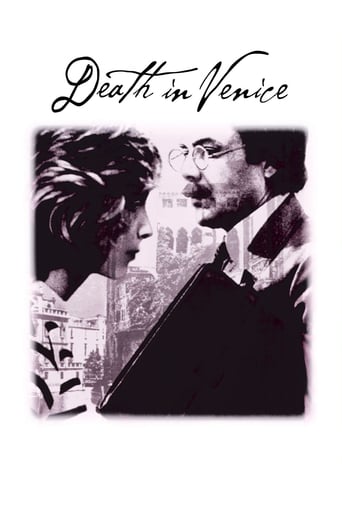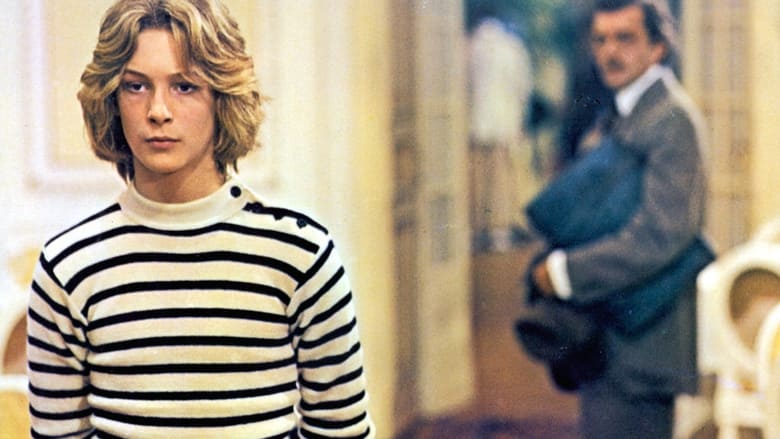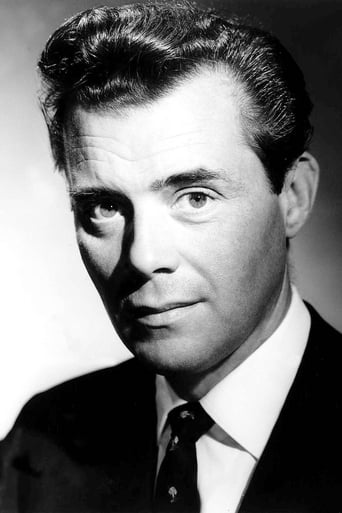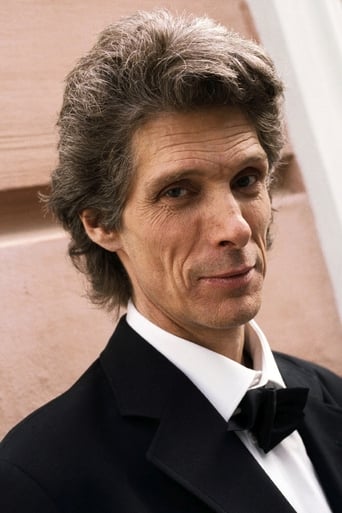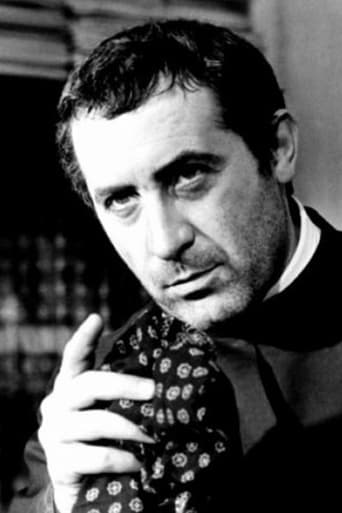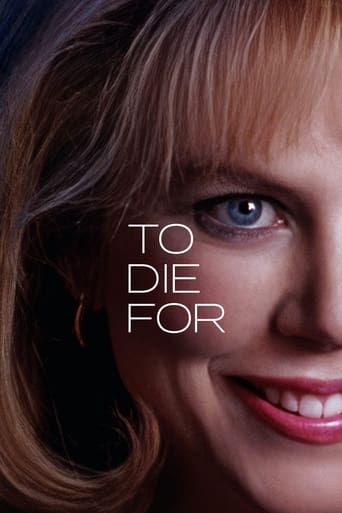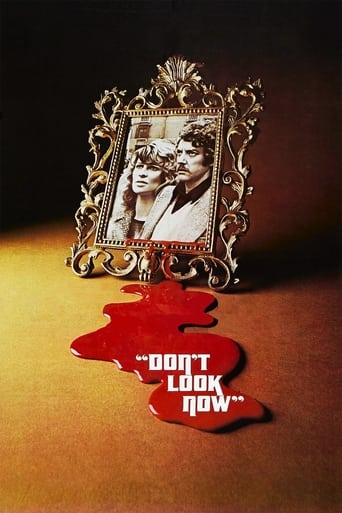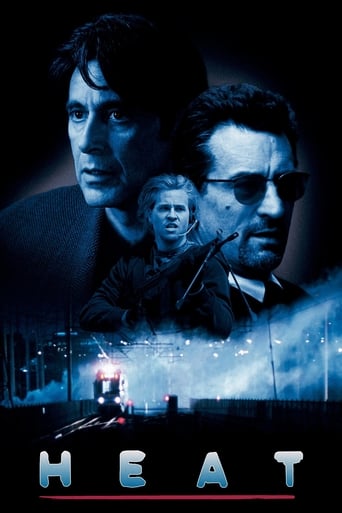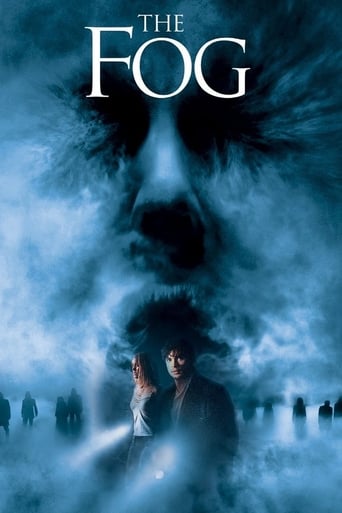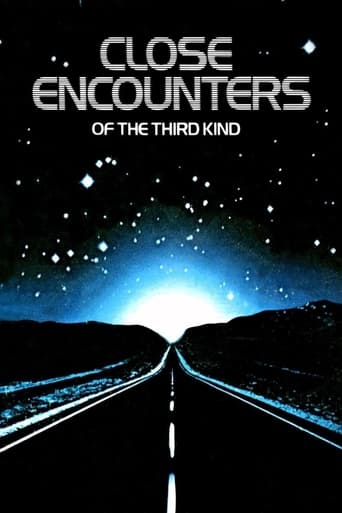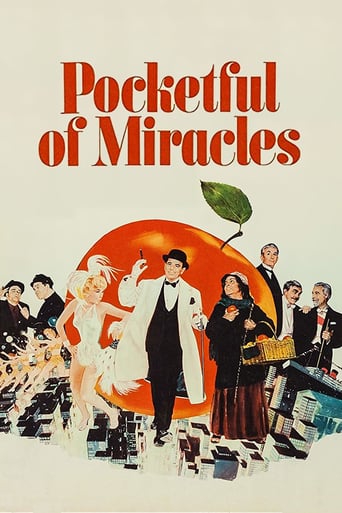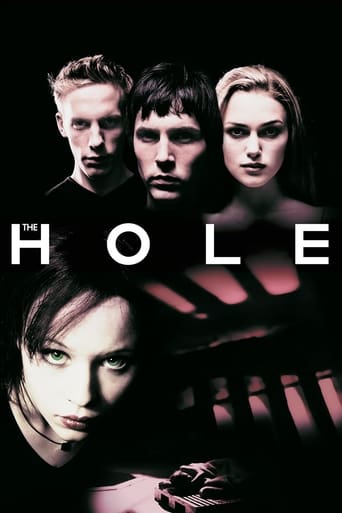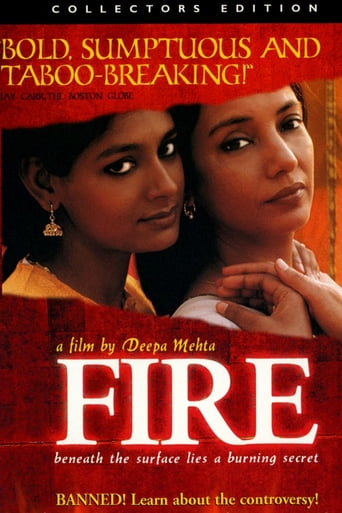Death in Venice (2018)
Composer Gustav von Aschenbach travels to Venice for health reasons. There, he becomes obsessed with the stunning beauty of an adolescent Polish boy named Tadzio who is staying with his family at the same Grand Hôtel des Bains on the Lido as Aschenbach.
Watch Trailer
Cast


Similar titles
Reviews
hyped garbage
Good concept, poorly executed.
The acting in this movie is really good.
It’s not bad or unwatchable but despite the amplitude of the spectacle, the end result is underwhelming.
This film is terrible, it completely misses the point of the book, and destroys any of the philosophical discussion the book created. It's honestly just some not very well done scenes of a guy following a child around Venice. Unlike in the book there is no internal monologue describing why this man feels this way or why he is doing this. The few flashback scenes were pointless and the philosophy discussed in them isn't anything intellectual. A huge disservice to the beauty and tragedy of the novel. I can't believe the number of people raving over this film. It turns a book about beauty, idolization, decay, obsession, and aestheticism into a pretentious 2 hours of a creepy guy following s boy around.
So many good reviews. The film is excellent the book also. It is mostly a tragic gay love infatuation story. The people who go into beauty--ascetics--death perfection of art on and on (and the movie does present the story this way) are missing the real story.The real story comes out better in the book = a late middle aged man (Dirk Bogarde is too young and handsome for the role) becomes infatuated with a 15 year old boy. Possibly the first such awakening of his homosexual id--in 1913 it was still punishable with prison.In Mann's book Aschenbach was an author (it is widely believed Mann had Gustav Mahler in mind). In any case Aschenbach has had lots of losses in life and recent failures in his career and is suffering from a near mental breakdown. Now comes the ultimate degradation of his persona as he becomes infatuated with Tadzio. Mann was no stranger to psychoanalysis so there was clearly a carnal interest as well.The movie miscasts Tadzio--Bjorn Andreson is too lithesome and feminine and frankly not sexy enough for the role. A dramatically better movie would have cast him better--everything would be much more understandable then. Most of all he needed to be much more masculine.So....Aschenbach sinks lower and lower--dyeing his hair and using make up to attract the boy. The movie is pretty clear about the sexual nature of all this--but has lots of flash backs feeding this cover up that it was all about art and ascetics beauty death blah blah blah. While it was mostly hormones.The costumes are wonderful...everything really well done...I could spend hours talking about symbolism e.g. Esmeralda the boat to Venice also the name of Aschenbach's first prostitute (sexual adventure)... That would be an effort and bore everybody. These things you appreciate as the movie unfolds and add depth and intelligence to the film no need to enumerate them (plus there are too many to count). The film is a jewel that way.Read the novella and buy Mahler's 5th. But you know the film is uniquely good as well. This is rare (a movie as good or better than the book).RECOMMEND HIGHLY
I don't usually write reviews with spoilers, but it is nearly impossible to discuss this film without revealing some of its major plot points, especially since there are so few of them."Death in Venice" is based upon a Thomas Mann novel. It is said Mann was inspired when he heard of Gustav Mahler's death. Mann was gay and Mahler was presumed by many to be gay, despite his marriage and offspring. So, Mann created the story about Gustav Aschenbach, borrowing elements from Mahler's life and his own.Aschenbach is, like Mahler, a creator--specifically a writer. While in Venice, he is consumed by two things: his concern about his own health and his fascination with a fourteen-year-old boy. His focus on the boy becomes an obsession and that obsession takes up ninety percent of the film.Director Visconti--also a gay man--decided to make Aschenbach a composer. He also used some Mahler symphonies as background music.The other ten percent of the film are mundane happenings and Aschenbach's internal dialogue, with flashbacks that include philosophical discussions about art. (Does art arise from the intellect or the senses?) But these are minor, undeveloped diversions from the film's main themes. The cinematography is sometimes evocative of the works of William Turner or, more often, of Renoir. But the camera work often undermines the images, especially when Visconti repeatedly uses zoom to beat the viewer over the head with the obvious. The pace of the film is leisurely. That can be explained, in part, by the fact that the film takes place in the world of the leisure class. Aschenbach is living among those who are restrained and mannered. Starched collars and stiff behavior are the norm. But the languorous tempo only serves to accentuate the fact that this is a film in which very little actually happens. In the end, this film is not very entertaining. And its main themes have been explored much more effectively in other films.
It all starts at the end with death entering the beach on the signal, call, invitation to lift yourself up towards the horizon and get through the door, the promise of some beauty that will never die and you have always looked for and had never been able to really find because you looked for it in pure patterns, motifs and other figures that were abstract in music and that rejected all emotions, sensations, passions, feelings. In other words the heart.At the end of his life Gustav Aschenbach discovers that a teenager, hardly more than fifteen is the beauty he has looked for all along, and he finally finds when he accepts his senses, his eyes, and his sudden attraction and emotion in front of it, of him, of Tadzio. And the blatant and blinding beauty of this youth dances in his mind, becomes a whirlwind and a hurricane in his soul. He has fallen in love with that young man, well under age for sure, and he will close his life with that gesture towards the pure sky. He will try to imitate Tadzio's gesture and he will die transmitting his insane project to this Tadzio who knew the old man was trying to get in touch with him but he was too young, and had too many relatives around him to try to contact that mysterious encounter in spite of his curiosity. That's the most insane desire an older man has: to be able to transcend death and transfer all that he has not done, he has not been able to do to that younger man he has never spoken to and yet has become an idol, an angel, a god even, definitely the one who will carry the old man's future to that future the old man will never know. That feeling is disjointed, some critics will say. And it is, for anyone who considers the normal humdrum banal world of everyday to be the proper way of assembling the pieces of the jigsaw puzzle. But if you look back in passion and in love, maybe in anger too, you find out it is the way you assemble the pawns on the chessboard just before dying that is the proper way, the best way to live in this world, and yet the older man is dying.Everything in the film is of course transforming Venice into a trap for the older man, the composer and conductor, and yet an escape way for Tadzio, the teenager who has opened the older man's consciousness to what he had ignored, ,or refused to consider, all his life. And that is pure justice: the younger one must be able to escape the death of the older one but the younger one is then, entrusted with continuing the older one's dreams, transcending their limits, transmuting their fears into light and heat, into bliss and ecstacy, the acme of spirituality, the spearhead of discovery and inventiveness.Yet the epidemic spreading in Venice is turned into a very heavy and stifling atmosphere that reminds us of some kind of medieval vision of some plague, black or bubonic, who cares. And yet the film also has a hefty and even cruel sense of humor with the four street musicians singing for the hotel guests and yet provoking them as the foreigners they are who do not understand Italian, and that's better for them because we can imagine from the body language of the main musician the obscenity of the discourse. Some flashbacks enable us to understand the context of this old man, his happy marriage and fatherhood, and the burial of his daughter when she was still young, the debate with his main friend about music and purity, the refusal of evil in man and hence of any sentiment that would make the music too concrete and material to still be music. At the same time the hammering of Beethoven's "Für Elise" when visiting what can only be a shady house and the same piece being played by Tadzio one day. Tadzio playing brings back the recollection of this event from the past back and it soils the boy in a way since he is associated with a shady lady with whom yet the old man had no contact at all, except her playing the music and her taking off some of her garments. This is probably the real dilemma of the character: he always knew beauty was in the intensity of his desires and feelings, but he always refused to yield, well not quite always after all since he was married and had a daughter. But that was made pure by the sacrament behind the relationship and the procreative instinct. But was it only that or did it become that after the death of the daughter? You will not be able to answer that question. So we are back to the final scene which is the whole story we want to remember in two gestures, in some mute and silent body language that enables the older man to finally talk to Tadzio by imitating his gesture. And yet he will be carried away disgracefully by two hotel servants with the few last tourists who have not yet left significantly stepping back from him.Death always has the last word and yet love may be able to have the next word, but the impossible connection with Tadzio makes this next word very problematic.A beautiful very sad and yet humane film with the phenomenal music of Gustav Mahler in the background surging from time to time to the foreground. Dr Jacques COULARDEAU

